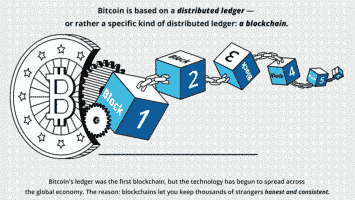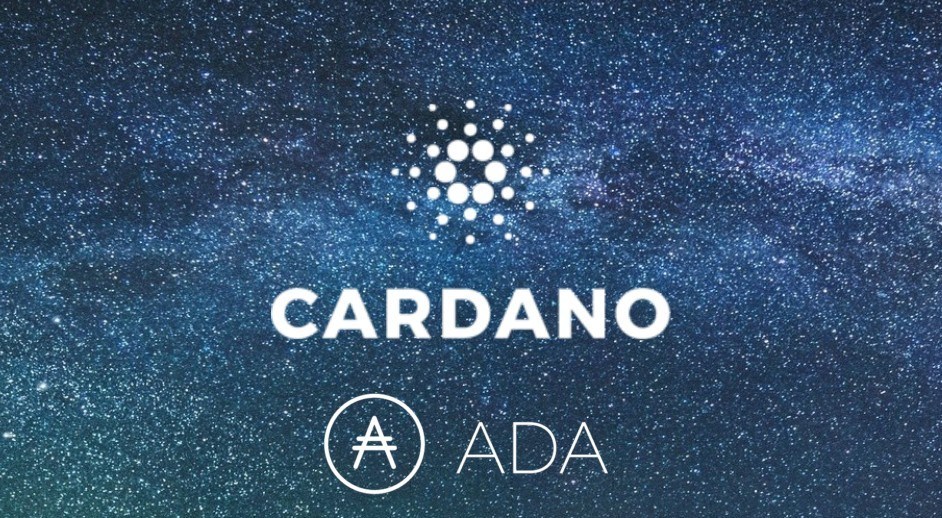If the distrust towards the cryptocurrency continues to be always very high in the institutional and political world, it seems that the same has now understood the considerable potential of the technology on which the sector relies, i.e. the blockchain. In fact, applications based on distributed registers approved by local authorities and governments are increasingly more and more, demonstrating the fact that by now the main orientation is to release the issue of virtual currencies from a technology that can bring significant benefits for consumers, institutions and businesses.
The last institution to opt was, in chronological order, the Sicilia, which has recently decided to pass a law under which the traceability of food products islanders will be precisely insured by the blockchain. Let's go to see in more detail what it is.
The M5S proposal
It was Jose Marano, spokesman for the Sicilian M5S to announce the approval of a bill which she presented about a year ago on the use of blockchain as a data guarantee tool for the agricultural sector.
In the bill, which has not yet been published in the Official Gazette, the intention of the region to ensure that the traceability of the agri-food products of the DOC, DOP, ICG and IGP chain. All this, in such a way as to facilitate access to a series of information such as those relating to the origin, nature, composition and quality of the product itself by final consumers.
Now the Region has three months to identify a group of experts on the subject capable of defining the requirements and performance levels that it is intended to obtain in accessing data via blockchain, in order to achieve the objective established by law.
Blockchain and traceability, an increasingly frequent combination
At this point it should be underlined how Sicily has embarked on a path, that relating to the traceability of the data in the production chain up to the final consumer, who represents one of the most recurring blockchain applications.
A road that has already been embraced by large retailers Wallmart during 2017 and from Carrefour in the following year. The former has created a partnership with IBM to track pork in China and fruit in the United States in particular, while the latter uses this technology to allow each component of the supply chain (manufacturers, processors, distributors) to supply information on the various types of goods on the chain shelves. Practically the consumer just has to scan the label, in which there is a QR code, with your smartphone to become aware of the path of which the product was the protagonist submitted to its attention and a series of very important data aimed at promoting the best possible choice. A modus operandi which on the one hand can reassure consumers of the goodness of the product and on the other push the manufacturer to increase its quality, knowing that it will be analyzed in depth by potential buyers.


